End Times Update 5, May 2018
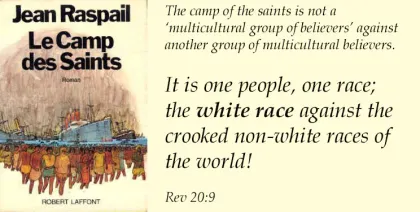
This evening we discuss the history of immigration in America, the historic attitudes towards immigration, and how the sudden change in policy in 1965 led to the fulfillment of prophecy we are currently witnessing as all of the world's non-White peoples are being led by Satan against the Camp of the Saints.
We also discuss national average IQ and how it can lead to the anticipated Fall of Babylon as immigration results in White minorities throughout the West.
Below: Lyndon Johnson's remarks as he signed the Immigration Act in 1965

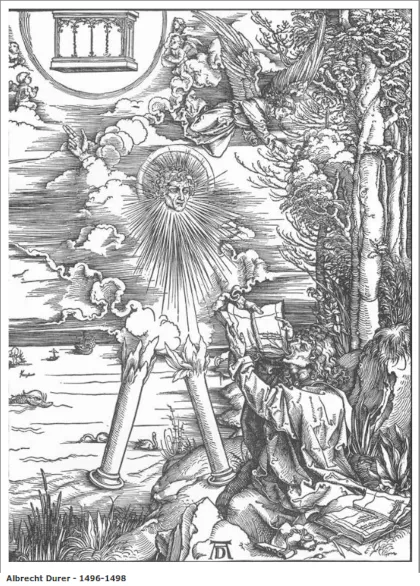
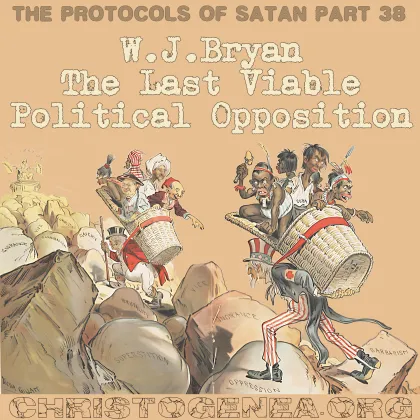


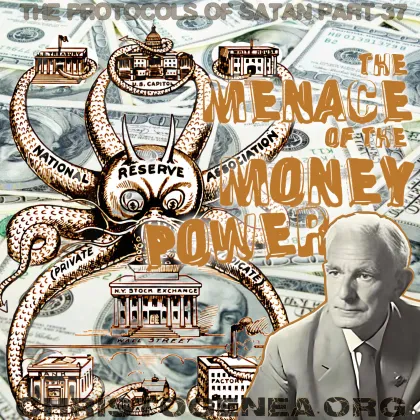



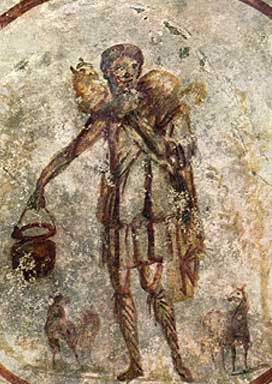

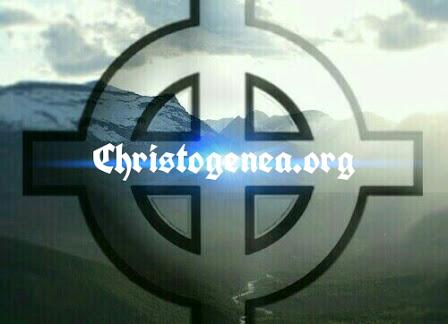


 Waiting on the Lord, why do we have divisions?
Waiting on the Lord, why do we have divisions?
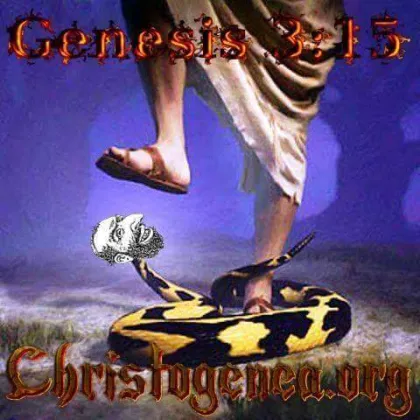


 Christianity in the Old Testament, Part 3, a continuing presentation of Bertrand Comparet's Sermon, with our own Commentary
Christianity in the Old Testament, Part 3, a continuing presentation of Bertrand Comparet's Sermon, with our own Commentary




 Please click here for our mailing list sign-up page.
Please click here for our mailing list sign-up page.







